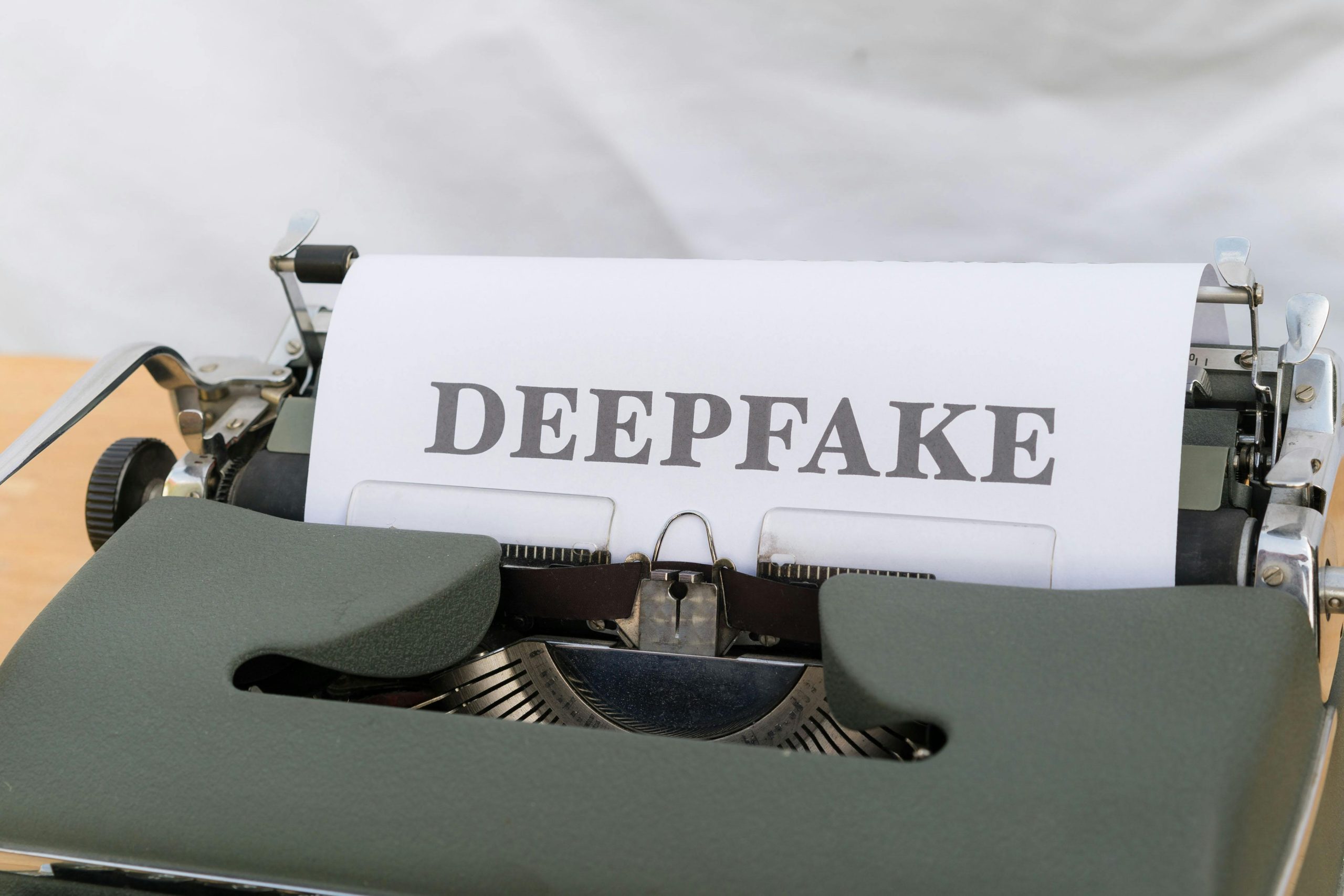Evaluating the Performance of Gemini 2.5 Pro in Music Audio Analysis
Understanding the Reliability of Gemini 2.5 Pro’s Music Audio Analysis
In today’s audio landscape, technological advancements have made it possible for individuals with sound sensitivities to enjoy music again. One such innovation is Gemini 2.5 Pro, a tool designed to analyze audio tracks for specific sound elements. As a user navigating auditory sensitivities, I recently began utilizing this software to identify particular sounds, especially crowd noise, which can be overwhelming for me. After many years of avoiding music due to these sensitivities, Gemini 2.5 Pro appeared to offer a promising pathway for rediscovering my love for music.
To date, I’ve used the software to analyze three albums by Weezer, seeking reassurance about potentially triggering content. It was enlightening to learn that while one album was flagged as problematic, the other two were deemed acceptable. However, I find myself hesitating to dive into those latter tracks due to concerns over the accuracy of Gemini’s findings. Could it be that the software might misinterpret or misidentify sounds, leading to what are known as “false negatives”?
Initially, my research into Gemini 2.5 Pro involved reading various articles and reviews, but I soon realized the importance of analyzing the audio directly. By submitting individual YouTube links for analysis, I enabled Gemini to conduct a more thorough examination. Yet, this brings me to the pivotal question: How reliable is the audio analysis provided by Gemini 2.5 Pro?
As I continue exploring its capabilities and limitations, I hope to gather insights from other users who have had similar experiences. Are there best practices for ensuring accurate readings? Is there a way to enhance confidence in the tool’s evaluations?
In conclusion, while Gemini 2.5 Pro holds immense potential for music lovers with auditory sensitivities, ongoing discussions and user feedback will ultimately determine its efficacy and reliability. I look forward to hearing from others about their journeys with this technology and how it may have changed their musical experiences.














Post Comment